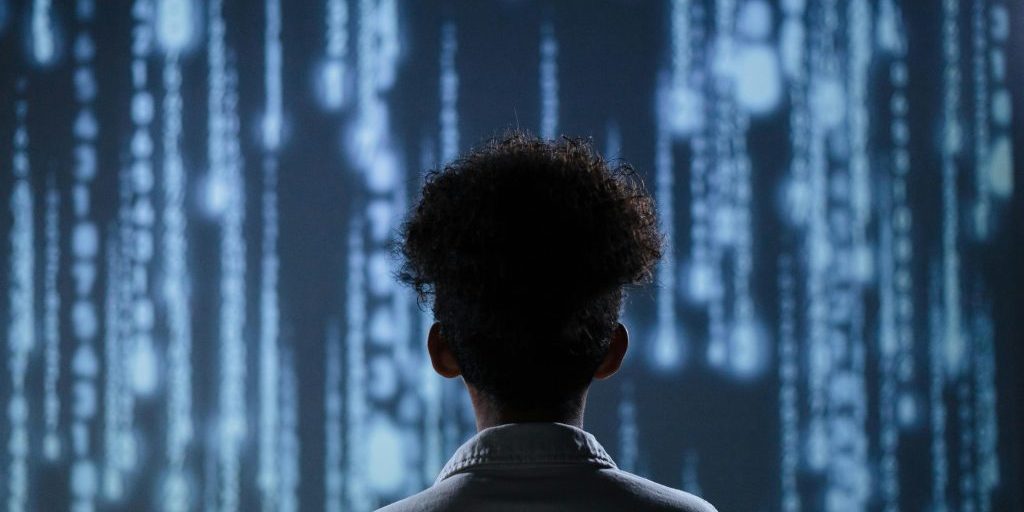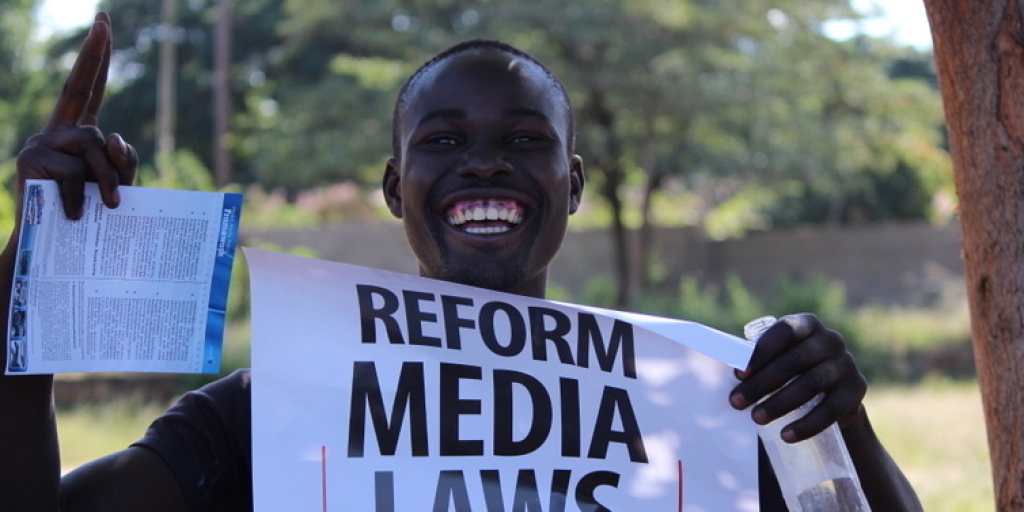Fighting misinformation and defending free expression during a pandemic
Access Now is committed to protecting human rights and to contributing to governments’ responses to the coronavirus (COVID-19) pandemic.
These responses must promote public health, prevent discrimination, and ensure access to reliable and timely information; defend unrestricted access to an open, affordable, and secure internet; ensure the enjoyment of freedom of expression and of opinion; and protect privacy and personal data.
International and national laws recognise that extraordinary circumstances require extraordinary measures. This means that certain fundamental rights, including the right to freedom of expression and opinion and the right to seek and impart information, may be restricted to address the current health crisis as long as governments apply basic democratic principles and a series of safeguards, and the interference is lawful, limited in time, and not arbitrary.
Governments, companies, NGOs, and individuals alike have a responsibility to do their part to mitigate the consequences of the COVID-19 health crisis and to show solidarity and respect for each other.
In this paper, we provide recommendations for protecting freedom of expression and opinion and the right to impart and receive information to enable governments to fight the COVID-19 health crisis in a rights-respecting manner.
There will be an aftermath to the COVID-19 outbreak and the measures governments put in place right now will determine what it will look like. The recommendations outlined will help ensure that the rule of law, and the rights to freedom of expression and opinion, as well as the right to receive and to impart information, are protected throughout this crisis and in the future.
Under no circumstances should any government allow people’s fundamental rights to fall victim to this pandemic.
Read the full paper here.
- Access Now defends and extends the digital rights of people and communities at risk. By combining direct technical support, strategic advocacy, grassroots grantmaking, and convenings such as RightsCon, it fights for human rights in the digital age




